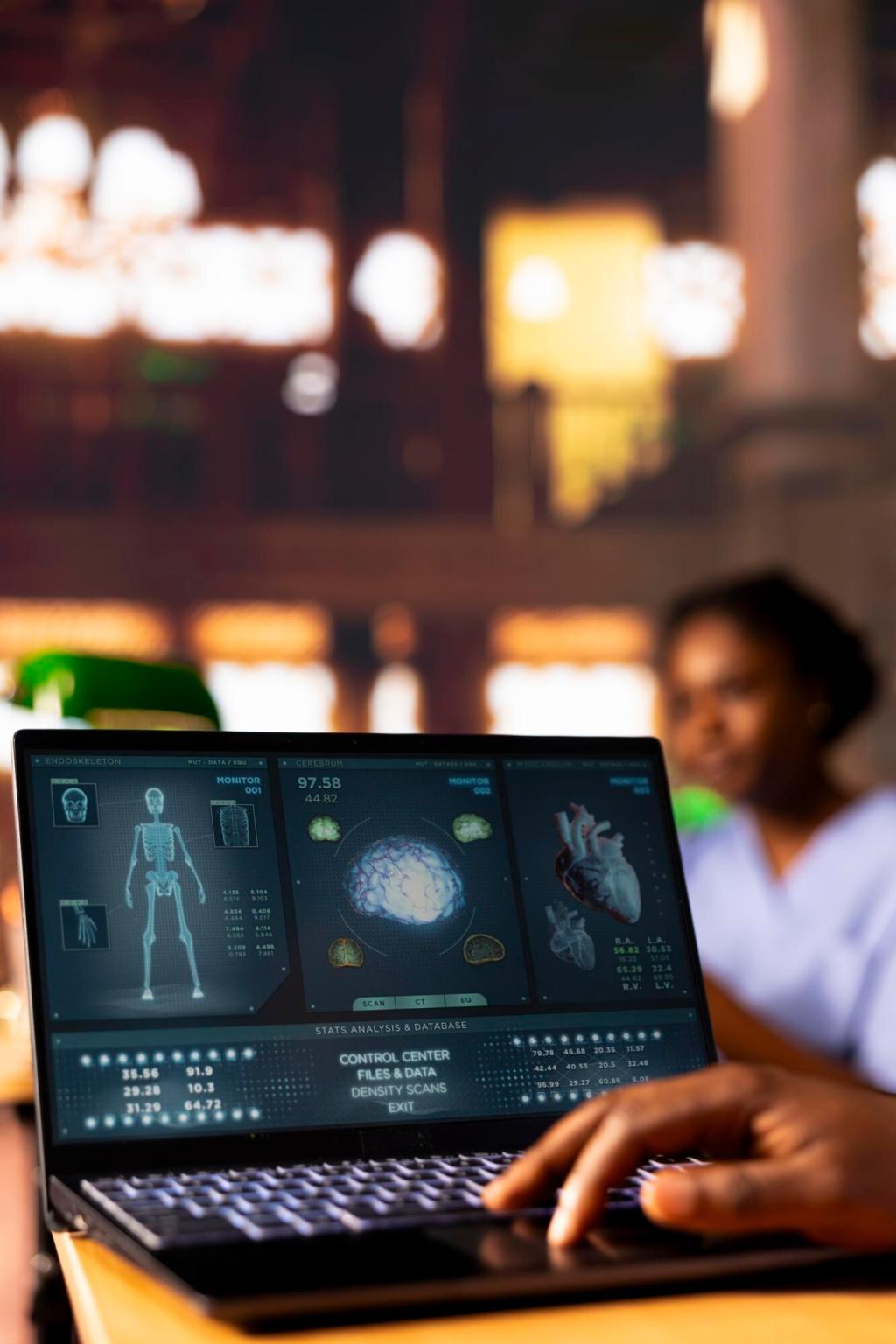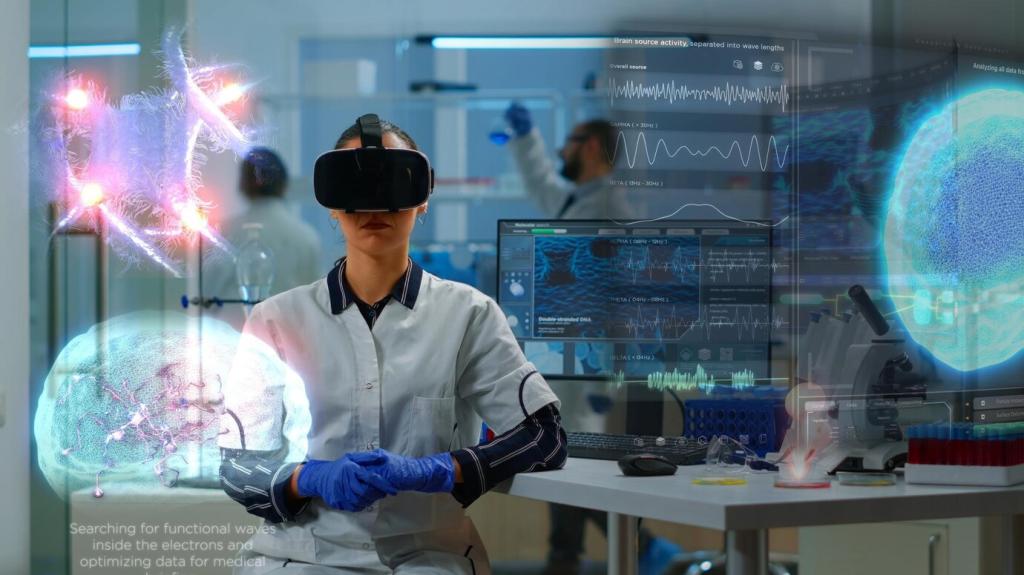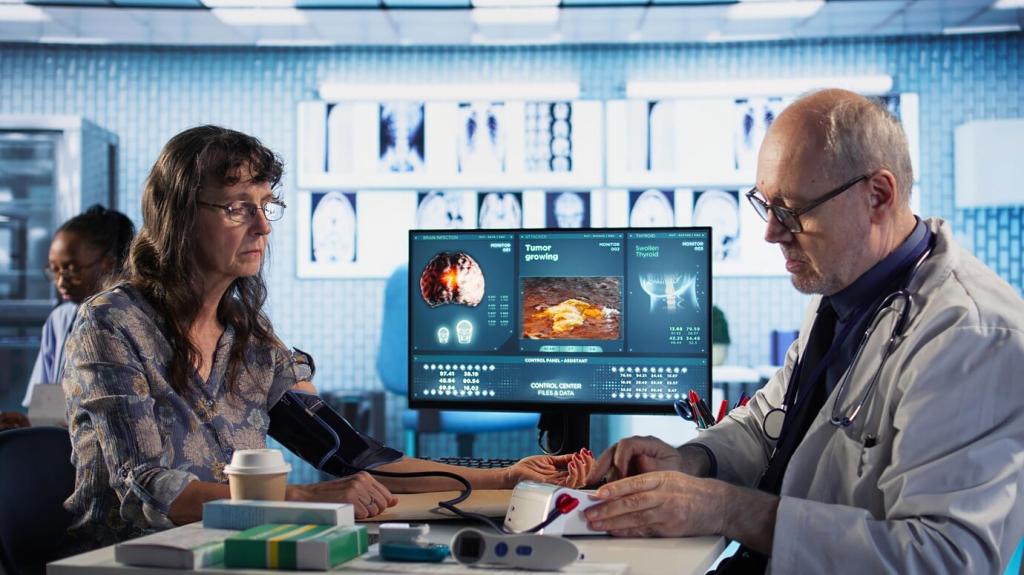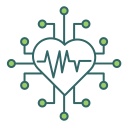The Impact of Machine Learning on Health Outcomes
Machine learning is revolutionizing the healthcare industry by enabling new ways to diagnose, treat, and manage diseases. By analyzing vast amounts of data, machine learning algorithms can uncover patterns and insights that are often invisible to the human eye. This shift not only enhances the accuracy of medical decisions but also drives innovation in patient care, drug discovery, and health system efficiency. In this overview, we explore how machine learning is transforming health outcomes, from early diagnosis to personalized treatments, while also considering the challenges and future opportunities this technology brings to the healthcare sector.
Transforming Disease Diagnosis and Prediction
The application of machine learning in early disease detection is changing the game for numerous illnesses, particularly those that benefit from prompt intervention such as cancer and heart disease. Using sophisticated pattern recognition techniques on data types like medical images or laboratory results, these algorithms can flag anomalies which might be missed during routine examinations. By providing a second, objective opinion, machine learning systems reduce diagnostic errors and support clinicians in initiating treatment before a condition reaches a critical stage, thereby significantly improving patient prognosis and survival rates.

Revolutionizing Personalized Treatments
Genomic Insights and Precision Medicine
With the global surge in accessible genomic data, machine learning algorithms can now analyze genetic variations linked to disease susceptibility and drug response. These insights enable clinicians to customize treatment plans based on a patient’s unique genetic makeup, ensuring therapies are both safer and more effective. Such precision medicine greatly increases success rates, especially in complex fields like oncology, where targeted therapies are tailored to the molecular profile of a patient’s tumor, paving the way for more durable remissions and improved quality of life.
Optimizing Pharmacological Therapies
Selecting the right drug and dosage for individual patients is a persistent challenge in medicine. Machine learning models evaluate patient characteristics, medication histories, and real-time outcomes to assist healthcare professionals in optimizing pharmacological therapies. By predicting which patients are likely to benefit from certain medications, or which may experience adverse side effects, machine learning reduces trial-and-error prescribing. This leads to greater adherence, reduced side effects, and better disease management, underpinning a more efficient and patient-centered healthcare system.
Adaptive Treatment Pathways
Healthcare is dynamic, with patient responses to treatment constantly evolving. Machine learning supports adaptive treatment pathways by continually analyzing clinical data and feedback. As new information becomes available, algorithms update recommendations in real-time, enabling healthcare providers to adjust interventions promptly. This responsive approach not only improves health outcomes but also fosters patient engagement, as individuals receive more timely and relevant care, tailored to their current and changing needs throughout the course of their treatment.

Automating Administrative Tasks
One often overlooked yet critical benefit of machine learning in healthcare is its ability to automate routine administrative processes such as appointment scheduling, billing, and documentation. By handling these repetitive tasks, machine learning systems reduce the burden on healthcare staff, minimize errors, and ensure faster, more reliable communication with patients. This increased operational efficiency allows clinicians and care teams to prioritize direct patient interaction and complex decision-making, which ultimately leads to improved care experiences and health outcomes.

Smart Resource Allocation
Resource constraints are a universal challenge for healthcare systems. Machine learning algorithms can forecast demand for hospital beds, staff, and equipment by analyzing historical usage patterns, seasonal trends, and emergent health threats. These predictive capabilities enable healthcare administrators to allocate resources more effectively, minimizing wait times and ensuring critical supplies are available where and when they are most needed. By optimizing the use of limited resources, machine learning directly improves patient access to care and enhances the overall performance of health services.

Enhanced Clinical Workflow Integration
Efficient clinical workflows are essential for delivering timely and effective healthcare. Machine learning systems integrate seamlessly into electronic health records, diagnostics, and treatment planning tools, providing clinicians with actionable insights at the point of care. By reducing manual data entry and facilitating quicker decision-making, these technologies help shorten the time between diagnosis and treatment. This accelerates the patient care process, reduces bottlenecks, and supports more coordinated, multidisciplinary approaches to patient management, driving better health outcomes across the board.
